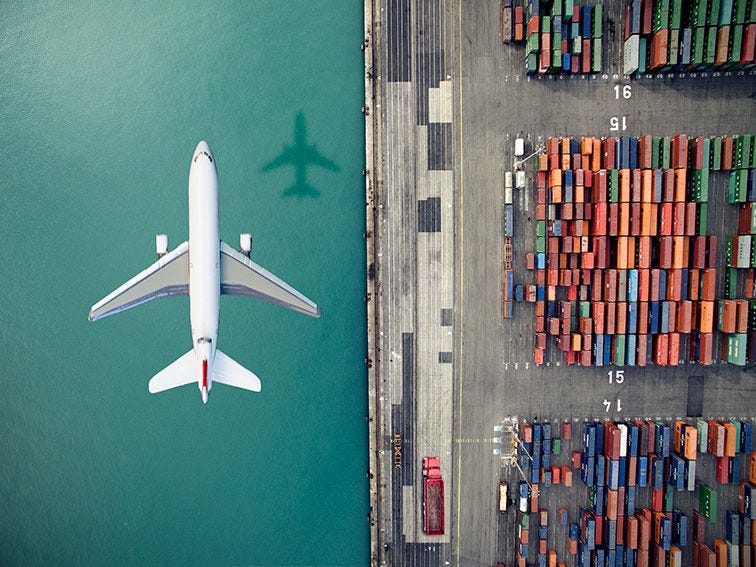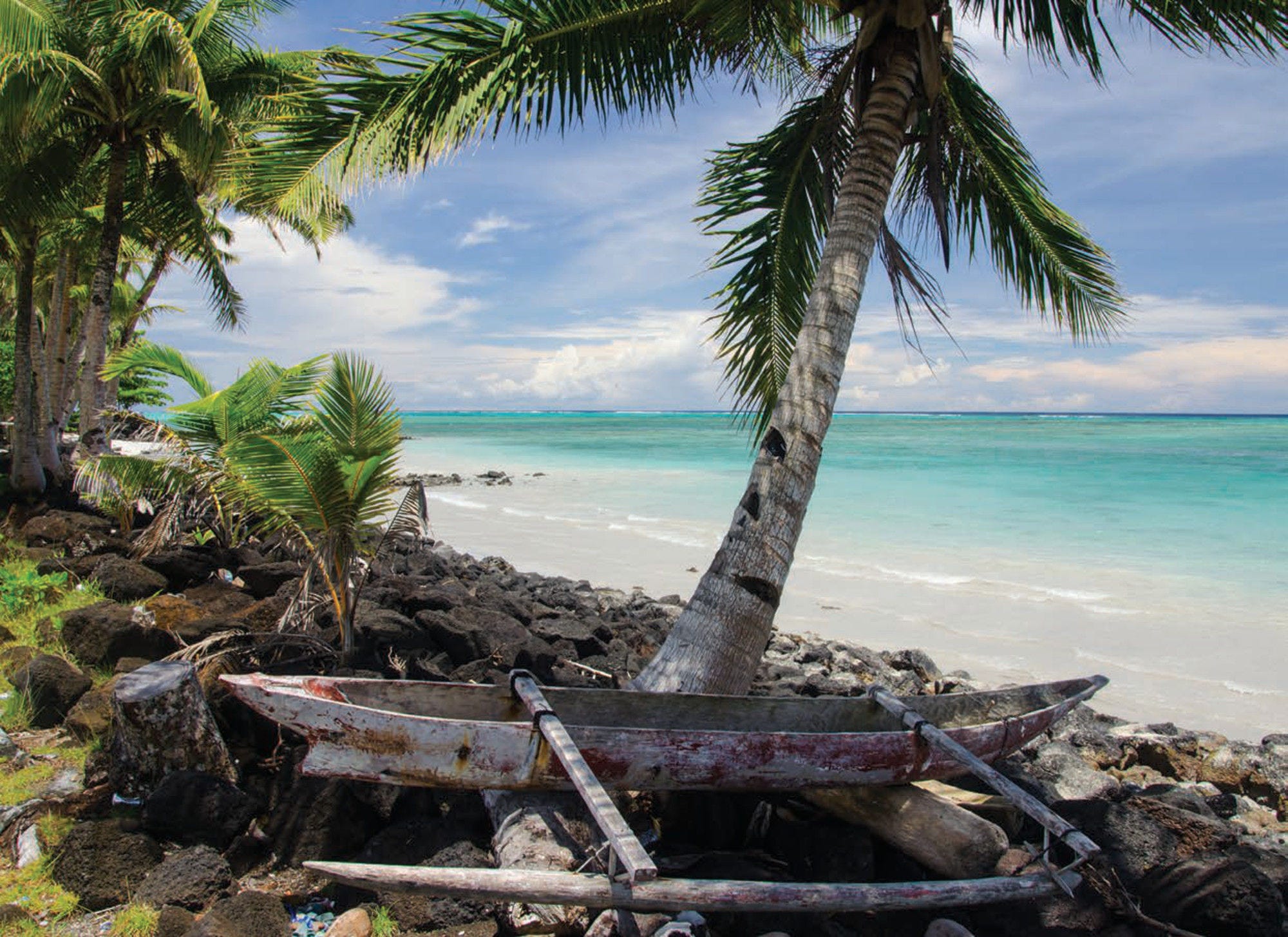Developing countries often capture fewer gains from their participation in the global economy than high-income ones. That is because many are specialised in labour-intensive, low-technology manufacturing, or natural resource extraction, with poor linkages between domestic firms and more capital-intensive foreign companies. The OECD facilitates dialogue and knowledge sharing with countries in Africa, Asia, Europe and the Americas to support their sustainable industrialisation and beneficial participation in local, regional and global markets.
Investment for trade and economic development
Trade and investment are mainstays of economic development, job creation and social progress. Creating the conditions for investment and trade to flourish in low- and middle-income countries is essential to build robust pathways towards sustainable economic growth. The OECD helps countries around the world to improve their policies and regulatory frameworks, mobilise the necessary financing and make the most of their co-operation with international partners.

Key messages
Infrastructure and supply side obstacles hamper the participation of developing countries in international trade. Development co-operation can help them address these barriers and integrate better into global value chains. Mobilising resources in infrastructure and building productive capacities are also key to seize economic and diversification opportunities created by digital and environmental transitions, and finance sustainable production and consumption models.
To achieve their development goals, low- and middle-income countries need more but also better quality foreign direct investment (FDI). With adequate financial and technical assistance, their international co-operation partners can help them to maximise the positive impact of FDI on gender, skills, climate and productivity.
Context
Africa is becoming a major destination for investment in renewable energies
During 2018-22, Africa was the destination for about 9% of FDI projects in renewables, but 19% of the capital invested, higher than the share of EU-27 and Asia. The continent’s FDI performance has been driven mostly by green hydrogen projects that attracted large-scale investments in 2022. The need to secure energy supplies made that year a record one for renewables globally, with total investments about three times as high as the previous year.
Cultural goods exports have room to grow in Africa
African cultural and creative industries are only just emerging as an export sector, accounting for less than 1% of continental exports of goods, compared to nearly 4% in Asia and 3% in the EU-27 over 2019-21. Most African creative goods exports concentrate in interior design goods, carpets and fashion items. Egypt and Tunisia are the top exporters accounting for 19% of the total, followed by Kenya, Mauritius and Tanzania. Remarkably, the share of intra-African exports of creative goods was 25% during 2019-21, greater than the share of total intra-Africa exports (15% during the same period). This suggests that greater continental integration could boost African exports in these industries.
Aid for Trade disbursements by category (2018-2022)
Economic infrastructure increased by 28% to reach US$ 27.9 billion in 2022, primarily due to a corrective period following COVID 19. Growth was driven by transport and storage, as well as energy projects, with a 16 % increase in renewable energy generation compared to 2020.
Productive capacity disbursements peaked in 2020 to mitigate the impacts of the pandemic and remained resilient, with a 3% increase in 2022. Agriculture grew by 10%, while banking and financial services – mainstays of economic resilience during the pandemic – grew by 3%, both exceeding pre-pandemic levels.
Related publications
Programmes
-
The Initiative is a global platform for policy dialogue and knowledge-sharing between countries from Africa, Asia, Europe and the Americas. It aims at improving evidence and at identifying policy guidelines to support production transformation and sustainable and inclusive participation to local, regional and global markets.Learn more
-
The Aid for Trade initiative seeks to align donor and partner countries’ strategies in promoting trade as an engine of economic growth and sustainable development. The OECD and WTO have established a partnership to monitor and evaluate the initiative.Learn more





